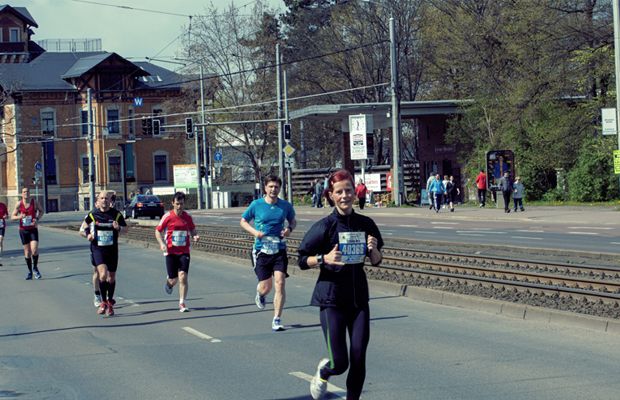Full Day Marathon
- Home
- Full Day Marathon
Full Day Marathon
Shahbag, Dhaka, Bangladesh

About Full Day Marathon
A marathon is a long-distance race with an official distance of 42.195 kilometers, usually run as a road race. The event was instituted in commemoration of the fabled run of the Greek soldier Pheidippides, a messenger from the Battle of Marathon to Athens, who, according to legend, ran without stopping to bring the news of victory. The first organized marathon races were held in the early 20th century and the marathon has been an Olympic event since the modern Games began in 1896.
Training for a marathon requires a significant commitment of time and effort. A typical training plan for a marathon will involve gradually building up the distance of one's runs over several months, with a focus on both endurance and speed. Many marathon training plans also include strength and flexibility training to help prevent injury.
Proper nutrition is also important for marathon runners. Carbohydrates are the primary fuel source for endurance exercise and should make up the majority of a marathon runner's diet. It's also important to stay hydrated by drinking enough fluids before, during, and after running.
The day of the marathon, It's important to get a good night's sleep, eat a nutritious breakfast, and arrive at the starting line well before the race begins. During the marathon, pacing oneself is crucial, as well as staying hydrated and fueling the body with energy gels or sports drink. After the marathon, recovery is important, so runners should stretch, hydrate, and eat a well-balanced meal.
Completing a marathon is a significant accomplishment and requires a great deal of dedication, perseverance, and hard work. It's a physically and mentally challenging experience that can be incredibly rewarding. Whether you're running to compete or to simply test your own limits, a marathon is an experience that will stay with you for a lifetime.
More Events


